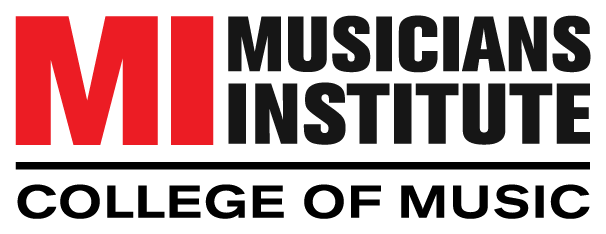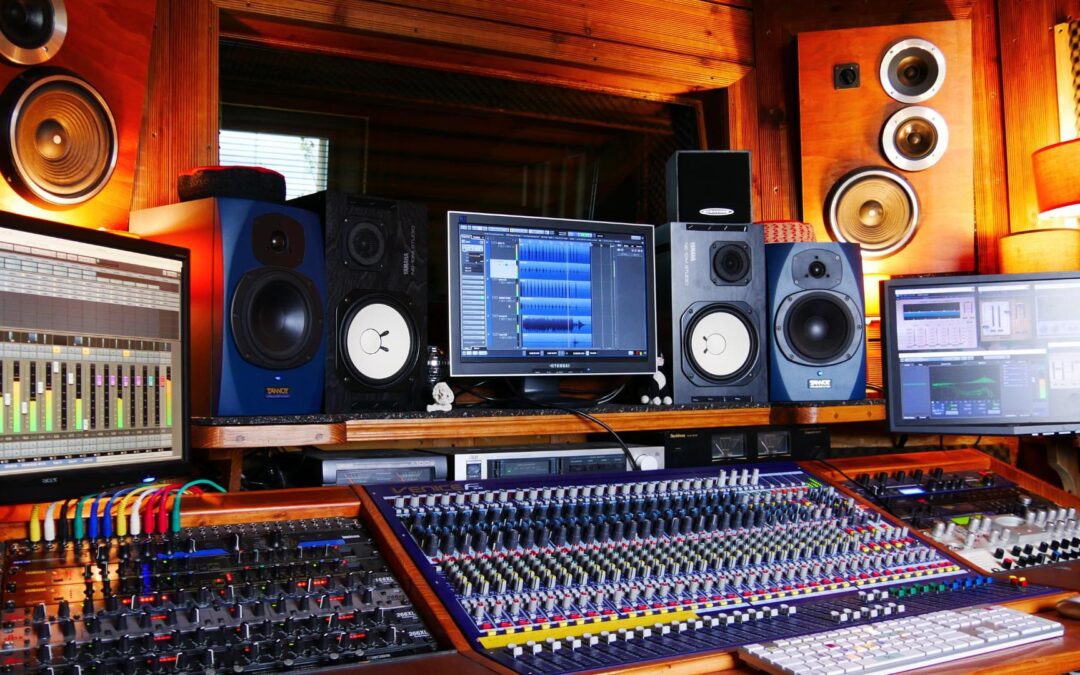Becoming a music producer is an exciting and rewarding career path for individuals passionate about music, creativity, and technology. A music producer is responsible for shaping the sound of a song or album, managing recording sessions, and ensuring the final product meets the artist’s vision. But what’s the best path to becoming a producer engineer? In this blog post, we’ll explore how you can pursue a career in music production and why Musicians Institute is one of the top choices for aspiring producers.
1. Understand the Role of a Music Producer
Before diving into the steps to becoming a music producer, it’s important to understand what the role entails. A music producer is responsible for overseeing the entire production process of a song or album. This includes working with artists, guiding the creative direction, arranging the music, and managing the recording, mixing, and mastering processes. A producer’s job is to make sure that all elements of the track come together to create a cohesive and polished final product.
A producer engineer often works closely with other industry professionals such as audio engineers, songwriters, and musicians. Having a thorough understanding of music composition, sound engineering, and audio production is essential to succeed in this field.
2. Start with an Audio Engineering or Music Production Degree
If you’re serious about becoming a music producer, the best way to start is by enrolling in a program that provides both technical and creative knowledge. Pursuing an audio engineering degree is one of the most effective paths to gaining the skills necessary for music production. Audio engineering degree programs provide in-depth education in sound recording, mixing, mastering, and digital audio workstations (DAWs).

Blog Post
"*" indicates required fields
By submitting this form, I authorize Musicians Institute (MI) to make or allow the placement of calls, emails, and texts to me at the phone number that I have provided, including through the use of automated technology, or a prerecorded or artificial voice. I understand that I am not required to provide my phone number as a condition of purchasing any property, goods, or services. I agree to the terms of MI’s Privacy Policy. MI will not sell or rent your information to third parties, and you may unsubscribe at any time.
Musicians Institute offers specialized audio engineering programs that teach the fundamentals of both music production and sound engineering. As one of the best music engineering schools, Musicians Institute combines practical hands-on experience with theoretical knowledge, which is essential for aspiring producers.
For those looking to get into the industry faster, audio engineering certificate programs can also provide focused training in specific areas of music production. These programs offer more condensed and specialized curriculums, such as recording engineer programs, which focus primarily on the technical aspects of the job.
3. Gain Hands-On Experience in Music Production
While classroom education is important, becoming a successful music producer requires real-world experience. It’s essential to start working on projects early in your career. Whether it’s producing music for local artists, recording demos, or working as an intern in a professional studio, hands-on experience is invaluable.
At Musicians Institute, students have the opportunity to work in state-of-the-art studios and gain direct experience with industry-standard equipment. Many audio engineering schools and audio production schools offer internship programs, where you can assist in live sessions, mix tracks, and collaborate with other professionals. This experience is essential for building a portfolio, which is a key asset when applying for jobs or freelance opportunities as a music engineer.
4. Build Your Network in the Industry
In the music industry, networking plays a crucial role in building a career. It’s not just about the skills you acquire but also about who you know and how you can collaborate with other professionals in the field. During your time at Musicians Institute, you’ll have access to a network of fellow students, instructors, and industry professionals, which is an invaluable resource for building relationships in the industry.
Attending industry events, music conferences, and festivals is another great way to meet potential collaborators and mentors. Many successful producers began by working with local bands and building connections that eventually led to major projects.
5. Continue Learning and Stay Current
The music production industry is constantly evolving with new technologies, software, and techniques. To stay competitive, it’s important to continue learning and refining your skills throughout your career. Many music engineer schools and audio engineering programs offer advanced courses and workshops that focus on the latest trends in music production, mixing, and sound engineering.
Musicians Institute provides ongoing educational opportunities for students and alumni, allowing them to stay ahead of the curve in this fast-changing industry. Whether through specialized workshops, access to new software, or guest lectures from top industry professionals, Musicians Institute ensures that its students and graduates are equipped with the tools they need to succeed as audio engineers and music producers.
Conclusion
Becoming a successful music producer requires a combination of formal education, hands-on experience, networking, and continuous learning. Starting with an audio engineering degree or attending one of the best colleges for music production and audio engineering like Musicians Institute is a great way to build the foundation for a career in music production. With the right training, experience, and determination, you can begin your journey toward becoming a sought-after producer engineer in the dynamic and rewarding world of music.

